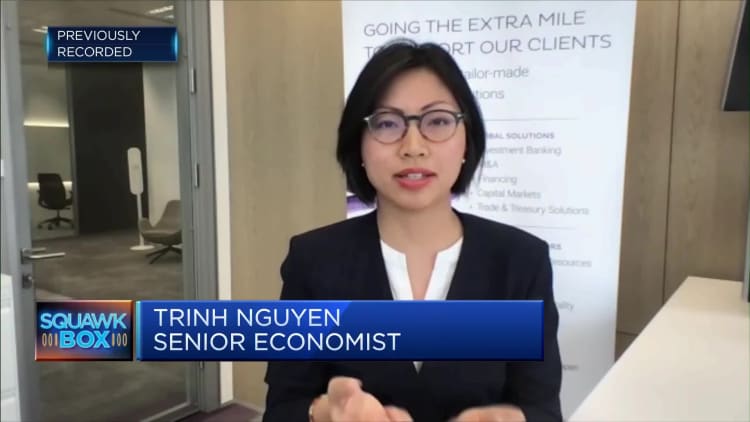South Korea's central bank raised its benchmark rate back to where it was before the pandemic on Friday, seeking to restrain inflation and household debt growth as global policymakers move to end emergency stimulus to contain rapid consumer price rises.
The Bank of Korea's monetary policy board lifted borrowing costs by 25 basis points to 1.25%, the highest since March 2020, a move expected by 25 of 35 analysts in a Reuters poll.
South Korea has been at the forefront of global stimulus withdrawal as central banks start to shift away from the view that faster inflation that came as a byproduct of the pandemic is transitory.
Soaring inflation has been ramping up pressure on policy makers to act, as consumer inflation for the whole year of 2021 surged to 2.5%, the fastest since 2011 and outpacing the BOK's 2.3% projection made in November.
Analysts now see the current tightening cycle slowing down in the months ahead, as policymakers assess the outlook for global growth while countries navigate a fresh wave of the omicron variant of the coronavirus.
The Federal Reserve has signaled its intention to raise rates three times this year, the effects of which will be closely watched globally, while in China authorities are seen easing policy to cushion a slowdown in the world's second largest economy.
Governor Lee Ju-yeol has said that a rate hike in the first quarter is possible if the current economic recovery remains on track.
The BOK expects the economy to expand 3% this year, slowing from an estimated 4% in 2021.

Uncertainties on the policy front this year include Governor Lee's term that ends in March this year, which coincides with the nation's presidential election slated for the same month.
It is unclear whether President Moon Jae-in will name a new governor before the election or leave that decision to the next leader of the country.
"Going forward, one more rate hike is likely in the second half after the presidential election and the BOK reshuffle, and policymakers should allow themselves some time to monitor Fed's moves," said Stephen Lee, an analyst at Meritz Securities.
Governor Lee's news conference starts at 0220 GMT, his second last before he steps down in March.
Separately, the government has decided to draw up a supplementary budget and submit it to parliament this month, the prime minister said on Friday, adding to a record 607.7 trillion won ($511.41 billion) budget for 2022.

